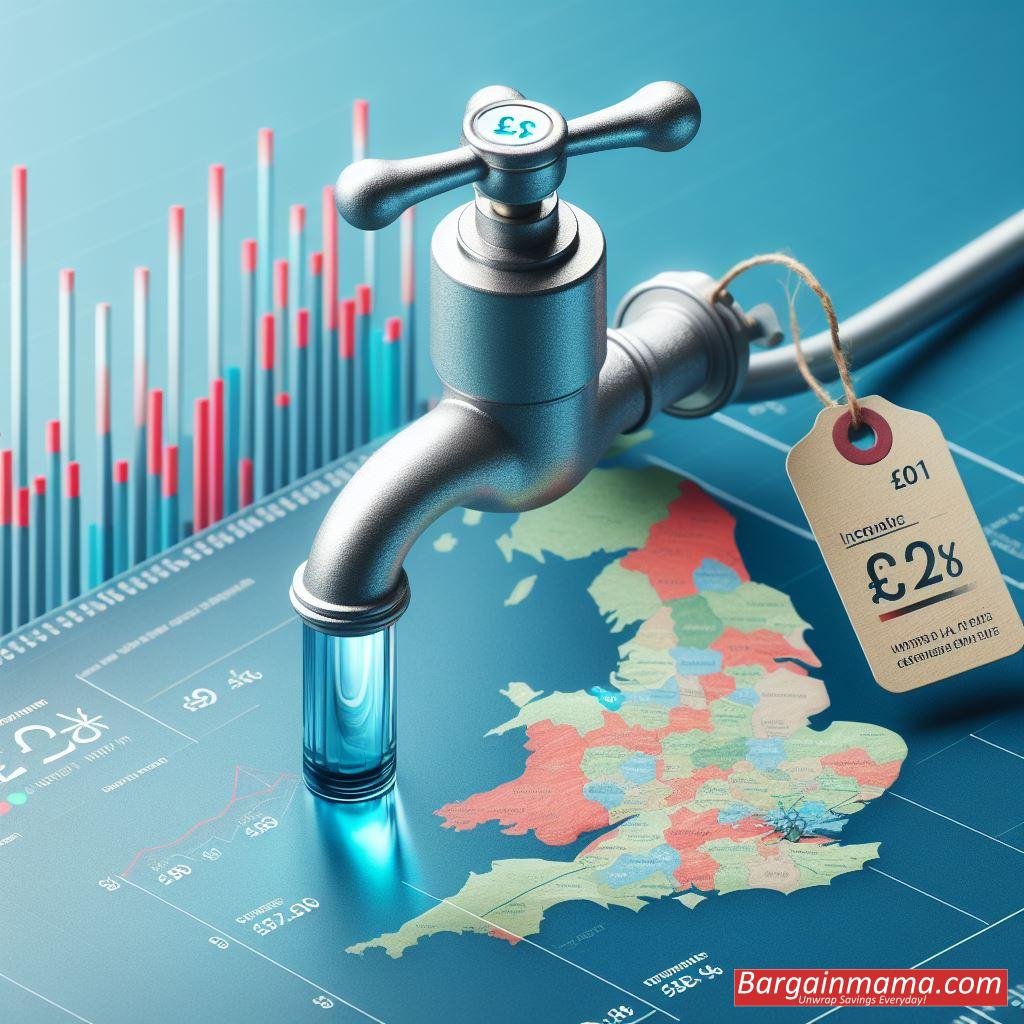Campaigners are upset that water firms in England, Wales and Scotland plan to raise average home costs above inflation in April. According to Water UK, the trade association for suppliers, the average annual water and sewerage bill in England and Wales is predicted to increase by 6%, or £27, to £473. Water and waste charges will increase by 8.8% in Scotland, or £36 more.
In the wake of incidents of sewage being dumped into waterways, the water sector is under close examination. The CEO of Water UK, David Henderson, defended the hikes, saying that record amounts of money—more than £14.4 billion—will be invested in water businesses next year to improve the security of the water supply and drastically reduce the amount of sewage that ends up in rivers and oceans.

Based on usage patterns and regional variations, bills can fluctuate significantly. Wessex Water and Anglian Water rank highest in England and Wales, with average bills expected to rise to £548 and £529, respectively. Customers in Northumbrian will receive average bills that are the lowest, at £422.
Water firms have already been told by regulator Ofwat to restrict bill rises since they haven’t been able to reach important criteria related to leaks, supply, and pollution reduction. Ofwat also highlights the need for suppliers to support customers who are having financial difficulties.
Through social tariff programmes, over a million households in England and Wales receive lower costs; on average, they saved £151 last year. Water levies provide financial support to half of Scottish homes. More water firms are being urged by consumer organisations to utilise their earnings to finance social charges.

Nearly a quarter of households struggle to pay their water bills, therefore Mike Keil, CEO of the Consumer Council for Water, raised concern about the impact of the increases on low-income clients.
In a related development, Ofwat is examining plans from water firms in Wales and England to raise rates by £156 annually by 2030 in order to pay for improvements and the decrease of sewage output. According to Water UK, this rise would enable infrastructure spending to almost treble, reaching £96 billion.
Customers must foot the bill for infrastructure improvements in Britain, according to Jim Wright of Premier Miton’s global infrastructure income fund. He emphasised the difficulty Ofwat faces in striking a balance between critical investments and cost, as well as the difficulty of modernising systems that are, in some cases, over a century old.
The problem is made more complex by public unhappiness about sewage discharges into rivers and oceans and persistent pressures related to the expense of living. In Northern Ireland, there is also a current consultation over water charges.




